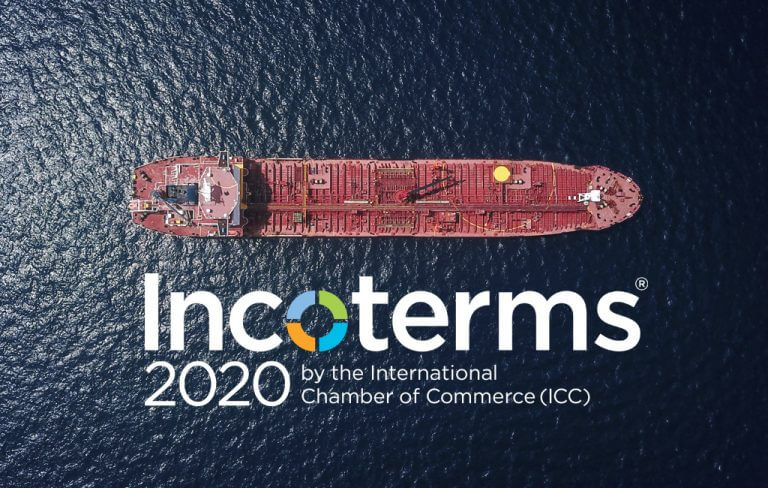Incoterms are guidelines developed by the International Chamber of Commerce (ICC), who update the terms around about every 10 years. Incoterms help traders who buy and sell goods to understand who is responsible for what during the movement of goods. These rules make it easier for everyone to know their roles and avoid confusion. They help make it clear who will do certain things, like who will pay for shipping, who will take care of the item during transportation, and who will handle any export/import procedures or taxes.
By using Incoterms, both the buyer and the seller know exactly what they have to do. For example, if you agree on “FOB,” it means the seller is responsible for the item until it gets loaded onto the ship, and the buyer takes over from there. If you agree on “CIF,” it means the seller is responsible for shipping the item and even paying for insurance until it reaches the buyer’s destination (normally ‘to port’).
When to negotiate incoterms: at the point of sale
Alternative to EXW: FCA – adds export clearance to the sellers responsibilities.
Alternative to DDP: DAP – removes import customs controls/costs from sellers responsibilities.
EXW (Ex-works)
When using EXW, the seller’s responsibility for the goods ends once they are made available at their own premises. This means the buyer has to handle everything else, including arranging and paying for transportation, customs clearance, and any associated costs. However, the seller should assist the buyer with export documentation, at the cost of the buyer and as stated in the ICC’s Incoterms 2020. EXW does not allow a party to wash their hands of the sale upon making the goods available.
Traders should be cautious as EXW puts a lot of responsibility and expenses on the buyer’s side, which can be challenging, especially if they are unfamiliar with international trade or logistics.
An alternative to EXW may be FCA – it adds export clearance to EXW.
DDP
On the other hand, DDP means the seller takes care of almost everything, including delivering the goods to the buyer’s destination and paying for all associated costs and import duties. While it may seem convenient for the buyer, traders should be wary because it puts a significant burden on the seller. They may encounter unexpected expenses, complex customs procedures, or face legal and regulatory challenges in the buyer’s country.
An alternative to DDP may be DAP Incoterms. It’s everything you expect from DDP but without the customs imports procedures and costs.
Choose wisely
Both EXW and DDP can lead to potential risks and complications for traders if they are not fully aware of their obligations and the potential costs involved. It’s essential to thoroughly understand the implications and carefully assess the risks before deciding to use these incoterms. Traders should consider seeking professional advice or negotiating alternative terms to ensure a fair and balanced arrangement for both parties.



